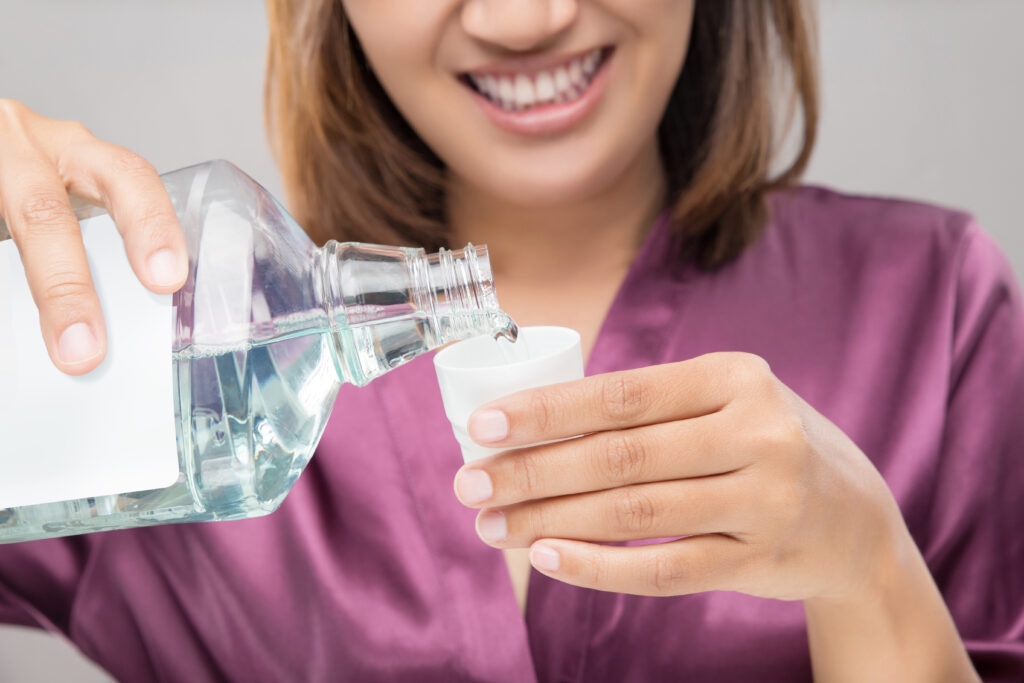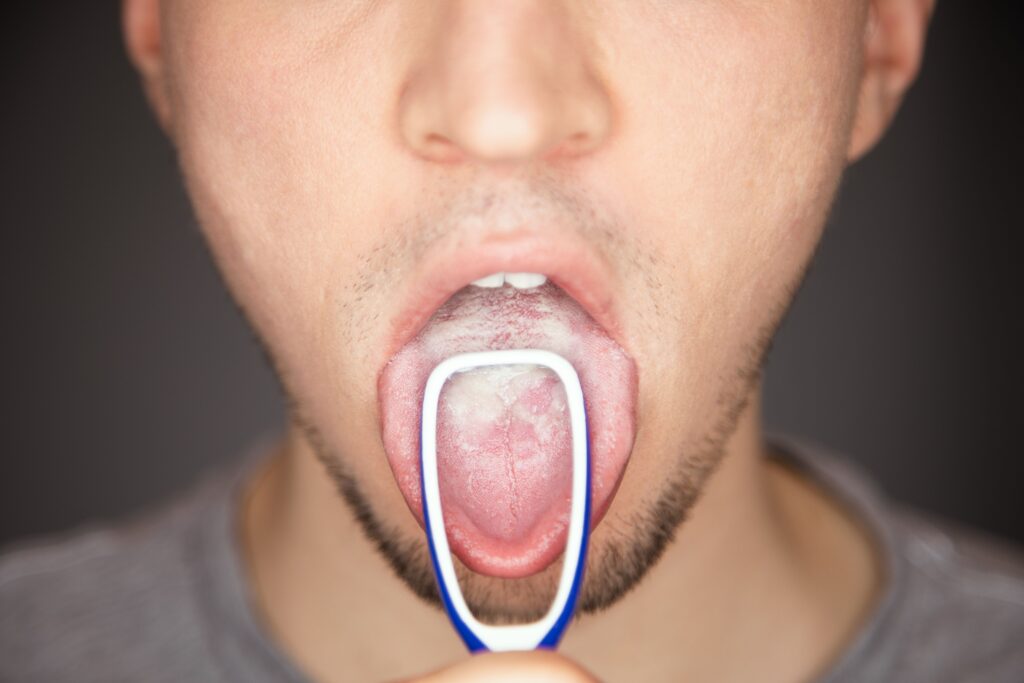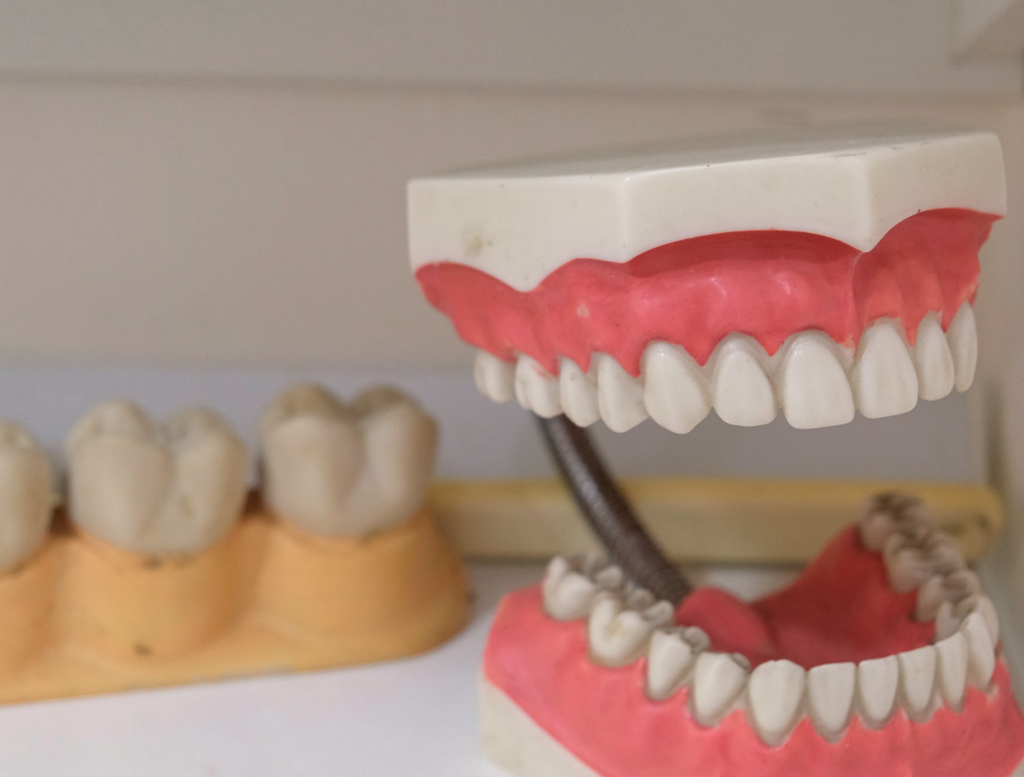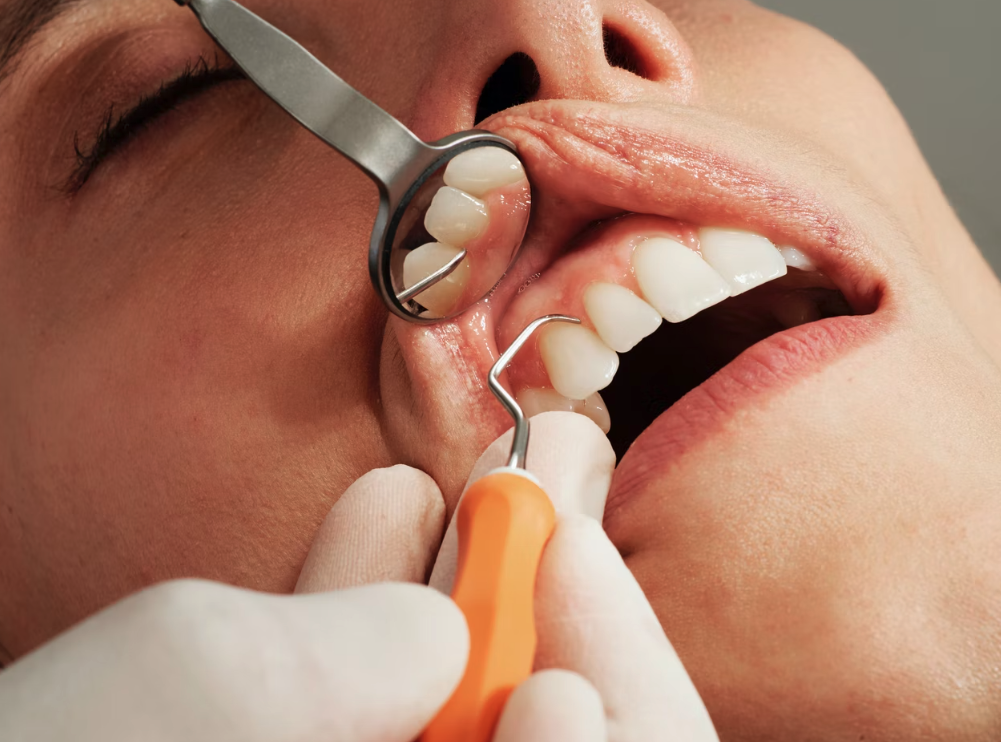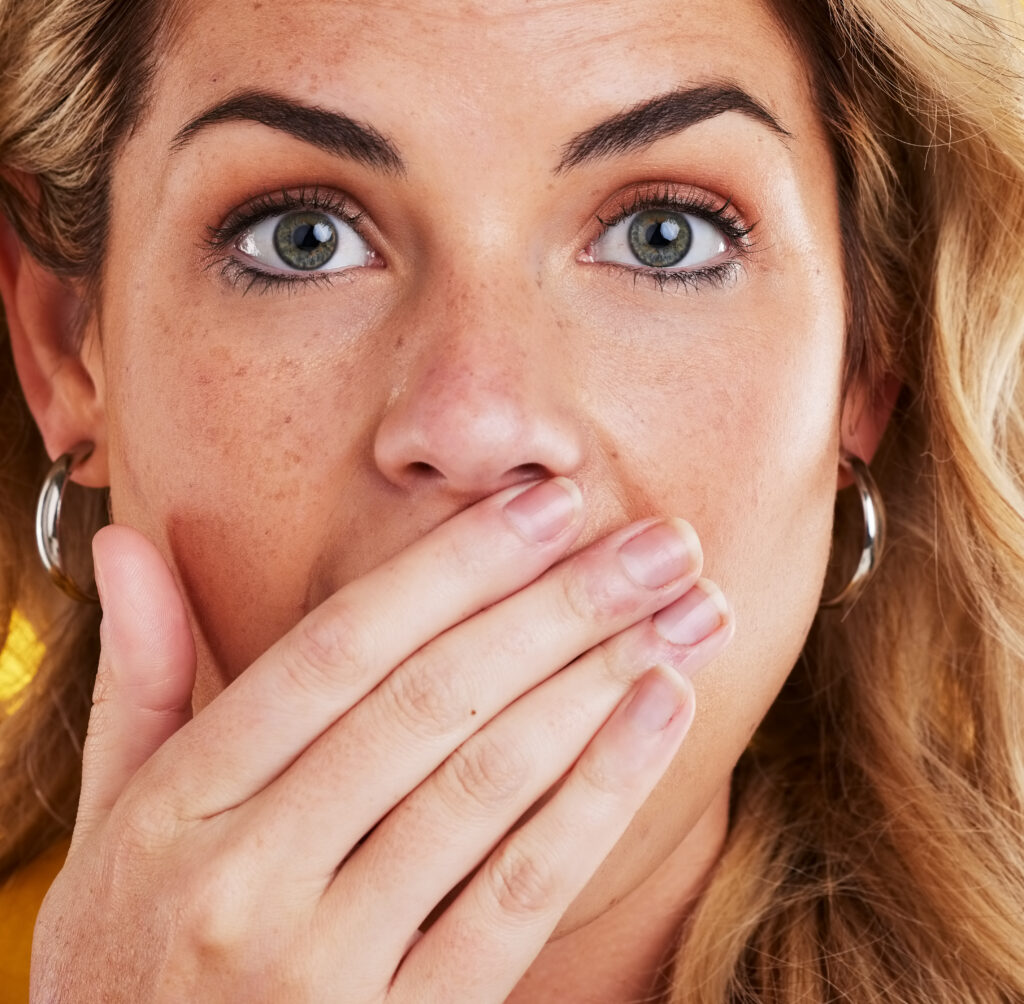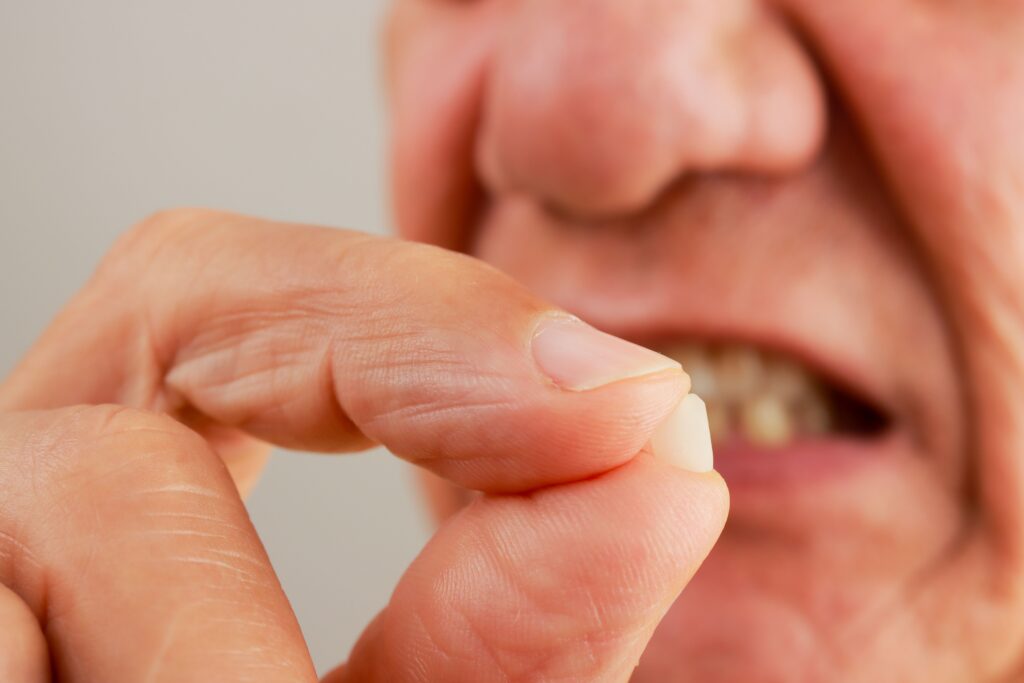Mouthwash, often touted as an essential component of oral hygiene, is a topic of debate among dental professionals and individuals alike. Is mouthwash truly important for maintaining oral health? What exactly does mouthwash do, and should you use it every day? In this article, we’ll delve into the significance of mouthwash, explore its benefits, and address common questions surrounding its usage.
Mouthwash, also known as oral rinse or mouth rinse, plays a role in comprehensive oral care alongside brushing and flossing. While not a substitute for proper brushing and flossing, mouthwash can complement these practices by reaching areas of the mouth that may be missed during regular cleaning. Its importance lies in its ability to freshen breath, reduce plaque buildup, and promote gum health when used correctly.
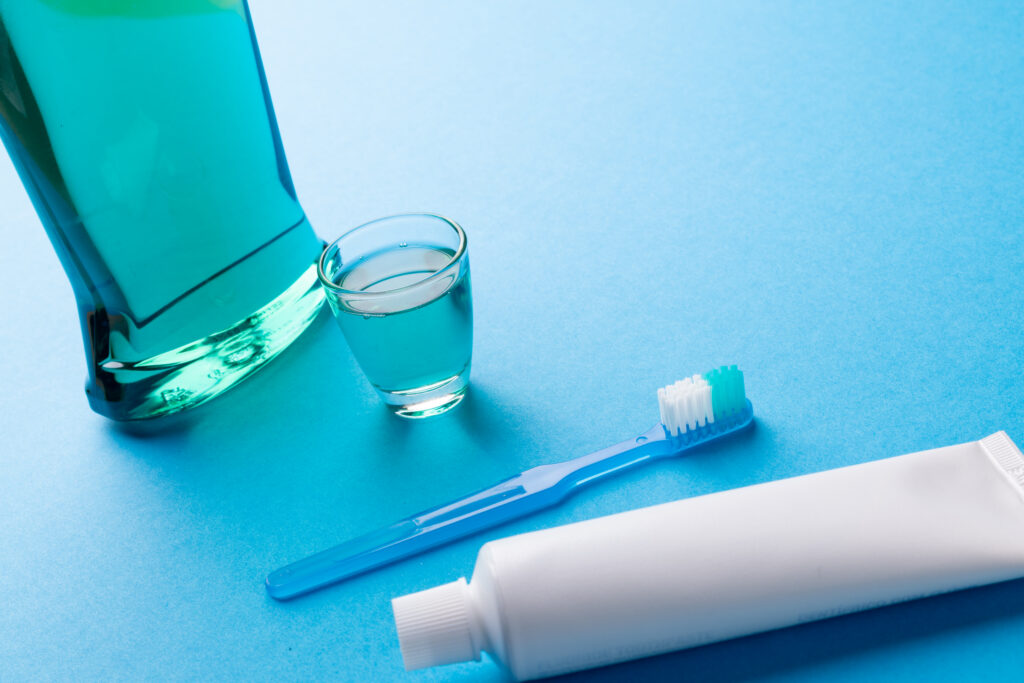
What Does Mouthwash Do?
Mouthwash serves several purposes in oral hygiene:
- Freshens Breath: Mouthwash contains ingredients like menthol or essential oils that temporarily mask bad breath odors, leaving your mouth feeling clean and refreshed.
- Reduces Plaque: Certain mouthwashes contain antibacterial agents like cetylpyridinium chloride or chlorhexidine, which can help reduce plaque and prevent gum disease when used as part of a comprehensive oral care routine.
- Promotes Gum Health: Some mouthwashes are formulated to soothe gum inflammation and reduce gingivitis symptoms, contributing to overall gum health and reducing the risk of periodontal disease.
Do Dentists Recommend Mouthwash?
The recommendation to use mouthwash varies among dental professionals and depends on individual oral health needs. While some dentists advocate for incorporating mouthwash into daily oral care routines, others may suggest it as an optional supplement to brushing and flossing. Ultimately, the decision to use mouthwash should be based on personal preference and guidance from your dentist.
Should You Use Mouthwash Every Day?
Using mouthwash every day can be beneficial for maintaining oral hygiene, but it’s essential to choose the right product and use it correctly. Some mouthwashes are designed for daily use, while others may be more suitable for specific conditions or occasional use. It’s important to read the label and follow the manufacturer’s instructions regarding frequency and duration of use.

Is Using Mouthwash Better Than Nothing?
While using mouthwash can provide additional benefits for oral health, it should not replace proper brushing and flossing. While mouthwash can help freshen breath and reduce plaque, it cannot remove food particles or plaque buildup as effectively as brushing and flossing. Therefore, while using mouthwash is better than nothing, it should be viewed as a supplemental step in a comprehensive oral care routine.
Conclusion
In conclusion, mouthwash can play a beneficial role in maintaining oral health by freshening breath, reducing plaque, and promoting gum health. However, its importance should be viewed in conjunction with regular brushing and flossing rather than as a standalone solution. Whether you choose to incorporate mouthwash into your daily routine or not, it’s essential to prioritize consistent oral hygiene practices and consult with your dentist for personalized recommendations. Remember, a healthy smile starts with proper care and attention to your oral health needs.


